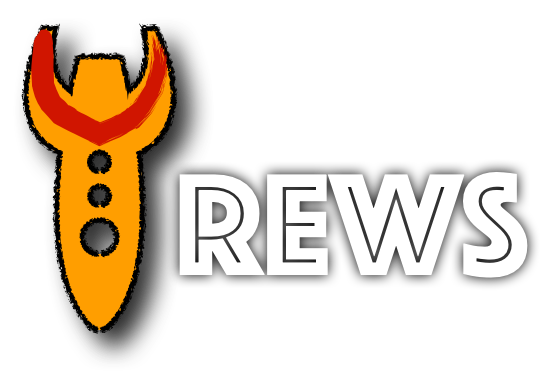Many times researchers are confused about What Interview Questions were asked in Ph.D.?
Questions asked at Ph.D. interviews mostly group under two categories: a technical round, where all the technical skills that one has adopted throughout bachelors/masters/combined would be put to test. Starting from basic concepts learned in the wee days of graduation, to the advanced levels of complexity which requires NO FORMULATIONS whatsoever in post-graduation, questions would be thrown which requires clarity in concepts to answer in a stipulated time. What Interview Questions were asked in Ph.D.?

What Interview Questions were asked in Ph.D.? Projects undertaken during the preceding degree would be handy as almost half the weightage of questions would be barraged towards it.
The other category is the non-technical round, where you would be asked regarding your research interests as the professors would be keen to know that if a student is selected, what sort of research he/she would pursue in their course of work.
That is the crunch time when a professor decides whether to select a student for further work because showing effectiveness in answering technical questions is not the only jargon that has to be cracked; the other half of the road has still to be covered.
Properly dictating the research interest would imply that the student has done his groundwork before appearing for an interview and is focused on what all has to be done in the future course of events.
1. Tell us about yourself
This is a popular opener for just about any type of interview. It’s meant to be an easy icebreaker, but that doesn’t mean there isn’t a wrong answer. Make sure your response is relevant to the context of a Ph.D. interview. Talk about your academic background, motivation, and interests. You don’t have to get into the details at this point, just give an overview.
2. Why do you want to do a Ph.D.?
This is another straightforward question that doesn’t have a straightforward answer. A Ph.D. is a big undertaking and you’ll have to be driven to see it through. Your answer should address your motivation for doing a Ph.D. in a way that conveys your passion and enthusiasm for the subject.
3. Why are you interested in this program?
What drew you to this program and this school? Does it have a unique feature or take a different approach than other programs? Are there certain professors you are interested in working with? Your answer to this question shows you have done some research and are ready to engage in the department. It’s also an opportunity to demonstrate that you don’t just want a Ph.D., you want one from this school.
4. What experience makes you a good candidate?
Yes, the interviewer has read your CV, but this question allows you to draw their attention to specific qualifications or skills that might not be obvious from just your resume. Talk about courses you have taken that have taught you the necessary skills for graduate work or give examples of past research experience from your Bachelor’s or Masters.
5. How did you develop this proposal?
There are no trick questions here. The interviewer wants to see that you are engaged with the field and spent some time preparing your proposal. Take them through your thought process and discuss the background reading and research you did. What other approaches did you consider before deciding on this one? What will your project contribute to the field?
6. What difficulties would you expect to encounter during this project?
No matter how carefully you plan, no project goes off without a hitch. Be honest about where you see potential difficulties, but more importantly discuss how you plan to work through them.
7. What are your strengths and weaknesses?
Another classic interview question, and one you definitely don’t want to be answering off the top of your head. Pick a strength that is relevant to this position and then give a few examples of how you have used it well. When it comes to choosing a weakness, be truthful and then (using examples again) talk about how you have been working to overcome it.
8. Tell us about a time you experienced a setback
The next three to six years of your Ph.D. won’t be smooth sailing. You are likely to hit many snags along the way. The interviewer wants to know you are resourceful and can handle these setbacks. Try to think of an academic challenge you have had to overcome rather than a personal one.
9. What are your future career plans?
This is another way to suss out your motivations for doing a Ph.D. and see if you have given a thought to what comes after your doctorate. How will a Ph.D. help you achieve your future goals? Someone with a clear goal in mind is likely to be more committed to doing a Ph.D. For many, the goal will be to pursue an academic career, in which case this is an opportunity to show you understand the academic career path.
10. Do you have any questions for us?
Remember that this interview goes both ways. It is important that you have some questions to ask the interviewer to show your engagement and the serious consideration you are giving their program. You are preparing to spend several years of your life at this school. Think about what is important to you and what would make or break your decision to attend this university. Prepare a list of questions ahead of the interview.
I covered more detail in the Video. Hope you like the video and if you have any questions related to P.hD you may ask me.
Thanks
Senior IEEE Member

